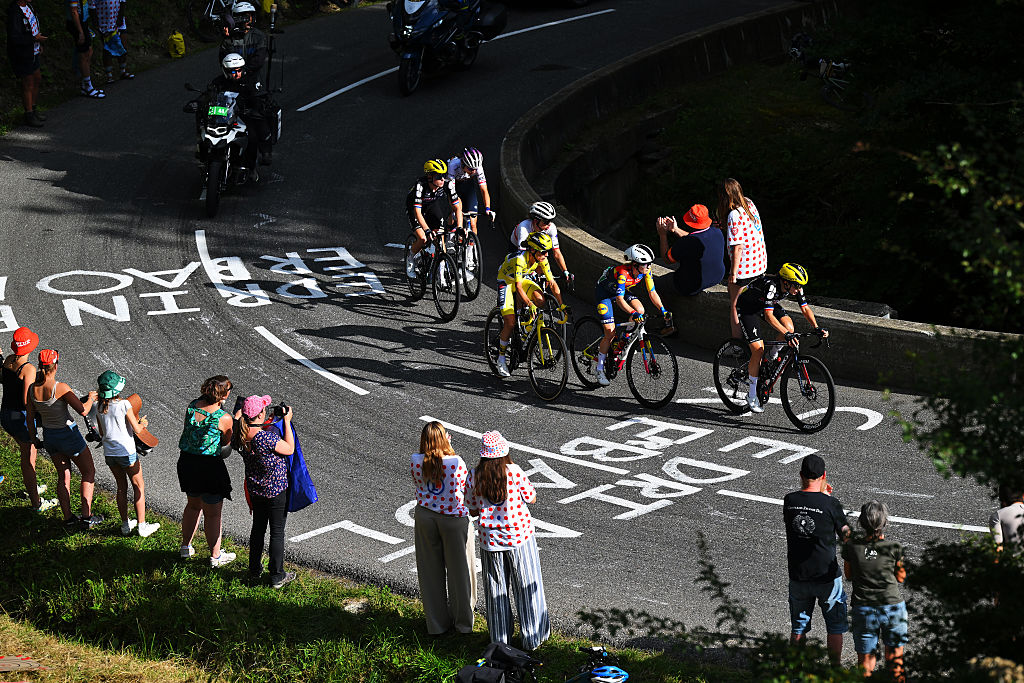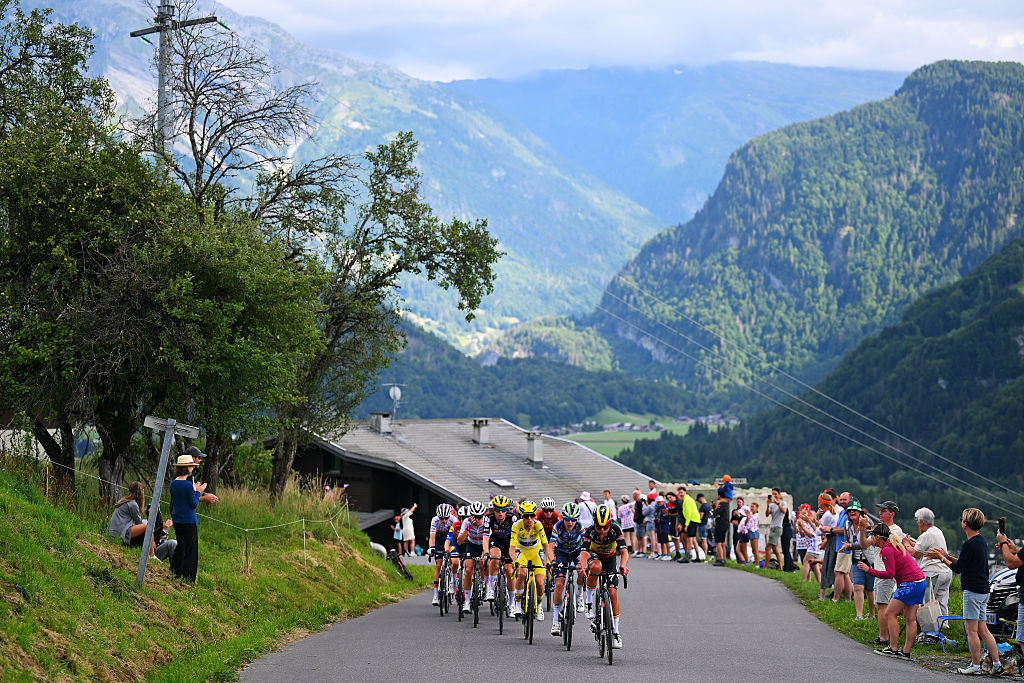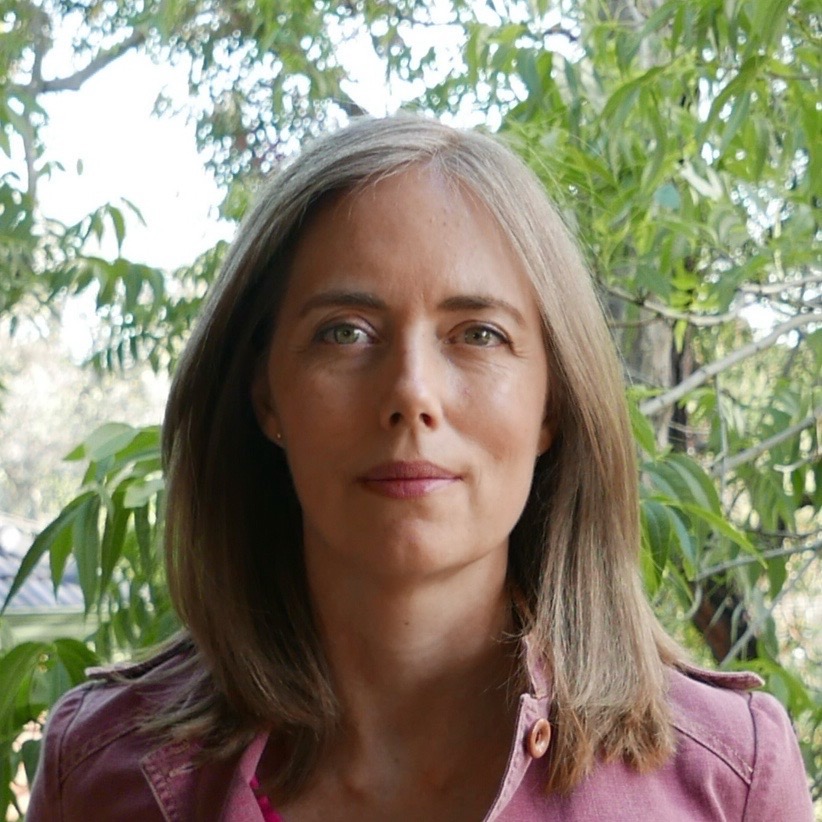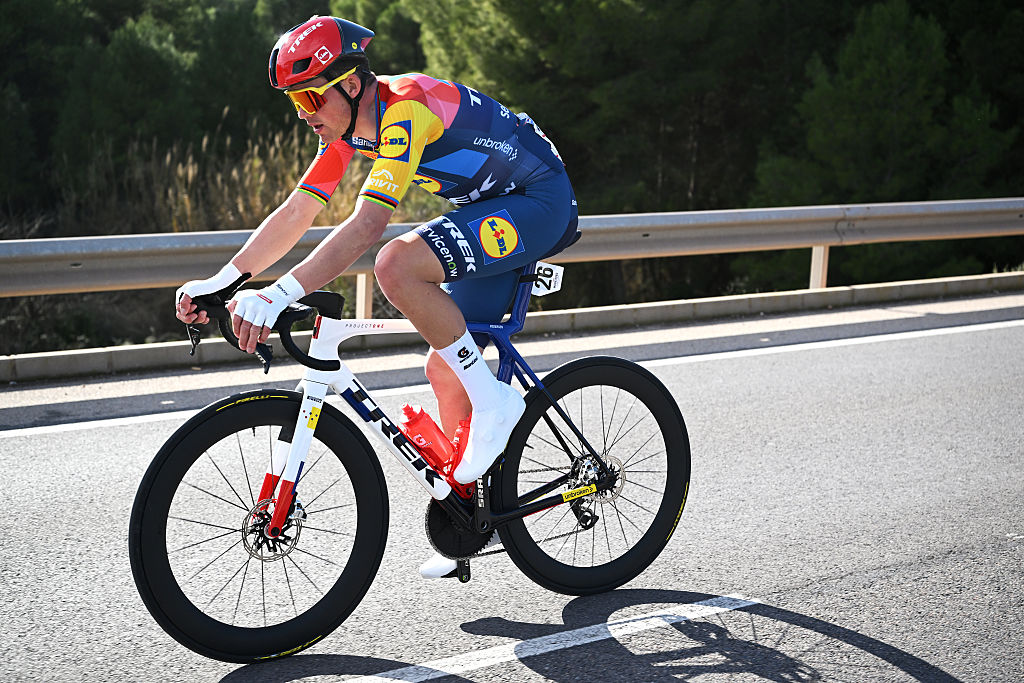What's next for the Tour de France Femmes – does it really need three weeks of racing?
'We can’t start from nothing and arrive at the same level' says race winner Pauline Ferrand-Prévot

The latest race content, interviews, features, reviews and expert buying guides, direct to your inbox!
You are now subscribed
Your newsletter sign-up was successful
The Tour de France Femmes avec Zwift is now four years in, with the rebirth of the race delivering a challenging multi-stage battle that delivers opportunities for the sprinters, break riders and climbers. Still, even though it has added a stage this year, there is still a yawning gulf between it and the three-week men's Grand Tour.
The question is: should the longer men's race form the benchmark for the rebooted version of the women's event, or is it better shorter, sharper and more dynamic?
The nine-day Tour de France Femmes certainly delivered considerable excitement and suspense in its current form this year, with still at least half a dozen riders in with a serious shot at the yellow jersey heading into the penultimate stage of racing – a stark contrast to the men's event.
"It's amazing what we're experiencing with this edition, and have been experiencing since the start, with popular success on the roadsides," said race director Marion Rousse at the start of stage 9, adding that all audience records had been broken on the Queen stage won by first French Tour victor Pauline Ferrand-Prévot (Visma-Lease a Bike).
"I have the impression that we have really been adopted by the general public," she said.
"I can only thank the competitors from the first to the last one, because yesterday I stayed at the finish line to encourage those that were running out of time and honestly we saw so much suffering and pride, we saw all the emotions in fact," Rousse continued.
"And as race director, I'd really like to thank them for giving us an incredible nine days of racing."
However, would it be better if it were more than an incredible nine days and perhaps an incredible three weeks?
Don't rush the growth
Of course, there are plenty of ideas about changes that go beyond length that have been mentioned throughout the Tour.
Retired racer and now commentator Grace Brown has broadcasts right from the stage start high on her priority list, Marlen Reusser (Movistar), of course would be happier if a time trial was bought back and Demi Vollering (SD Worx-Protime) is looking ahead to the next edition with hope that it doesn't lean as heavily toward the climbers.
Still, the number of stages is definitely a focal point and also where one of the starkest contrasts between the men's and women's events stands out.
"It’s true that we would like to be immediately at the same status as the men, but I think that we will have to wait a few years and that’s normal because we can’t start from nothing and arrive at the same level," said Ferrand-Prévot after claiming the overall. "There have to be stages, and I think that it has happened rather quickly, if we look at the Tour de France Femmes a few years ago."
The women once again became part of the Tour de France brand with the one-day event – La Course – running from 2014 to 2021 and this shifted to an eight-day race in 2022, growing to nine this year.
"I think that it’s going in the right direction also in terms of viewers on the side of the road," said Ferrand-Prévot. "For sure, there will always be things to improve, but I think that we have to give our sport time to grow and evolve and not rush the stages."
There is certainly a precedent for the women's version running for much longer, with the Société du Tour de France-organised women's Tour de France from 1984 to 1989 running over 18 stages and following around the last 80km of the men's route each day. However, is longer the right fit for the modern version?
"I think nine days is a pretty decent stage race for us," said 2023 winner Vollering in a press conference on the eve of the 2025 edition.
"I think in this moment, women's cycling is growing really fast in a good way. Still, there are a lot of things we can improve or grow in but I'm not sure if I want to have a three-week Tour de France Femmes at this moment."

Any lengthening would carry far broader implications, particularly with the structure around women's cycling in a far different place to the men's side of the sport. For a start the team of men's winner Tadej Pogačar – UAE Team Emirates – has 29 riders on its team roster while Ferrand-Prévot's Visma-Lease a Bike has 18.
"With all the other races we have and the small bunch we have … if you need to do a three-week Grand Tour, then it's really not possible to do all the other races as well," said Vollering. "So for that [to happen] first the women's bunch need to grow with more riders and after we can think about longer stage races, more race days."
Also, longer doesn't necessarily have to mean three weeks.
"I think it's great to have a vision of the Tour de France Femmes avec Zwift of eventually being a two-week tour," said Grace Brown. "I don't think it ever really needs to be the full 21 days like the men, because, of course, women's cycling is different,"
The retired Olympic and world time trial champion who raced the last three Tours emphasised that it was important for change to be incremental, with perhaps a stage or two added each year to ultimately make it 14 or 15 days with a rest day so the endurance element is increased which "I really feel like is part of the luster of the Tour de France".
The two-week time frame could potentially add that, without taking away that dynamism, suspense and excitement which so clearly elevated the nine-stage 2025 event.
In 2026, we already know that the race will remain nine stages long, but there is potential for the race to grow, particularly as it will move a week away from the men's Tour from next season.
One of the main things, however, is that however the race grows, it does that on its own two feet.
"I think it's important to foster what's different about women's racing and the excitement, and try and keep that element and not let it become like a sort of robotic procession like the men's Tour can sometimes be," concluded Brown.
Subscribe to Cyclingnews for unlimited access to our Tour de France Femmes coverage. Don't miss any of the breaking news, reports, and analysis from one of the biggest women's stage races of the season. Find out more.

Simone is a degree-qualified journalist that has accumulated decades of wide-ranging experience while working across a variety of leading media organisations. She joined Cyclingnews as a Production Editor at the start of the 2021 season and has now moved into the role of Australia Editor. Previously she worked as a freelance writer, Australian Editor at Ella CyclingTips and as a correspondent for Reuters and Bloomberg. Cycling was initially purely a leisure pursuit for Simone, who started out as a business journalist, but in 2015 her career focus also shifted to the sport.
- Dani OstanekSenior News Writer
You must confirm your public display name before commenting
Please logout and then login again, you will then be prompted to enter your display name.
